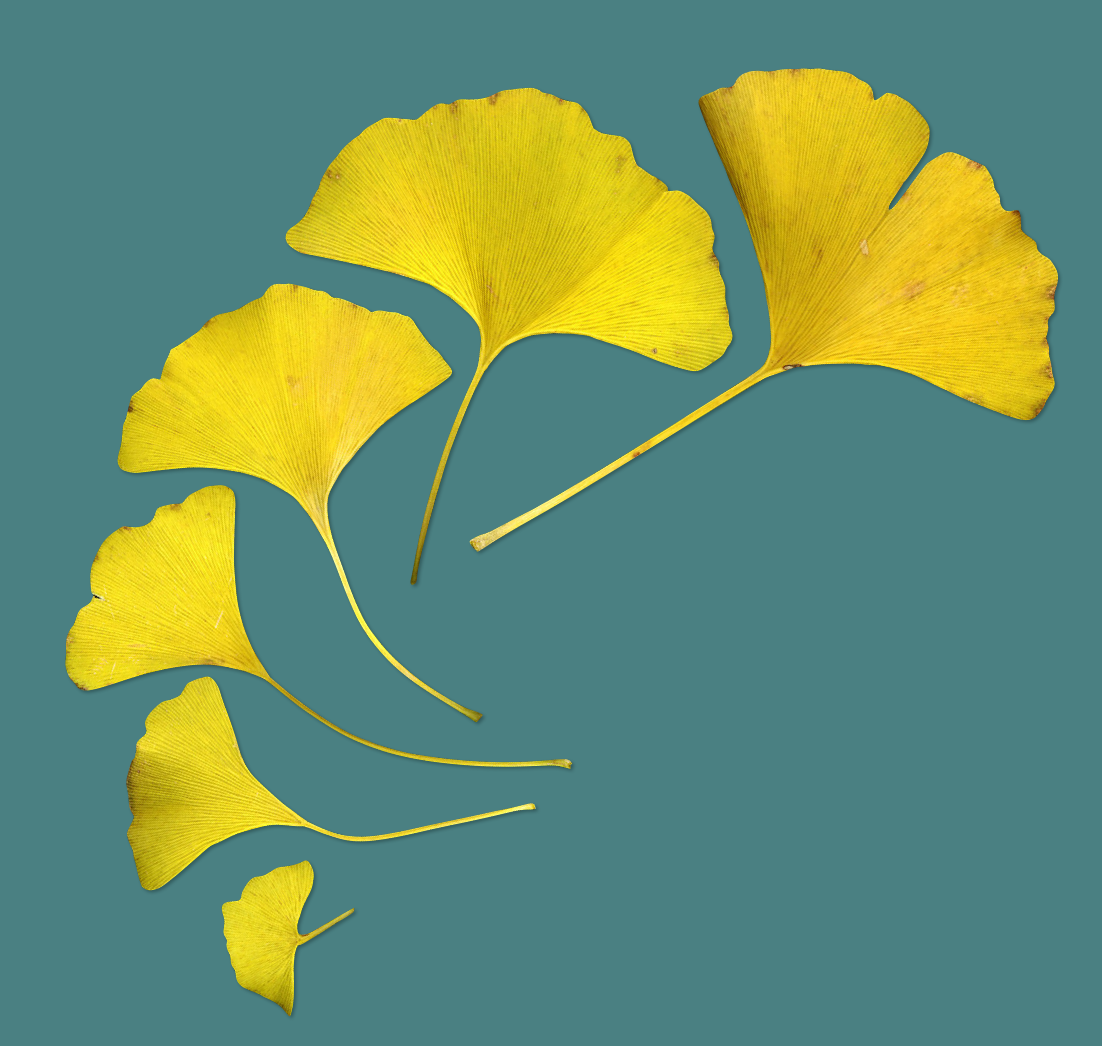Carb Phobia & Fibre
A low carb diet, which is very popular, is generally a high meat diet. We know there are issues with this, but yes, it can help you lose weight. However it’s generally not sustainable and not very healthy overall. It is a recipe for heart disease and other issues, and some of these low carb diets, like Atkins, are linked to a lower life expectancy. So you can be skinny and dead.
High carbohydrate foods cover a wide range of foods. From ice cream to pizza to a serve of brown rice or a sweet potato. Obviously, all carbs are not the same, yet they tend to get lobbed into the same evil category in the current war against carbs and sugar. (This war is an inevitable backlash against a culture that eats a lot of poor quality carb foods, but it is still a fad).
All carbs break down into glucose, which is sugar, which is what the body and brain need as fuel. The issue is simply how fast, and what else they contain.
Simple Carbs
First there are simple carb foods. These are refined foods containing flour and sugar and get metabolised quickly. So you get a quick burst of energy, then a crash. These include pasta, pizza, bread, cakes, biscuits and lollies. They feel good because you get the sugar high quickly. But then you can feel sleepy as you come down the other side. Alcohol falls into this category as well, as it behaves like sugar in the body.
Complex Carbs
Then there are complex carb foods. These take longer for the body to break down to glucose, and so provide more long term, sustainable energy. These include wholegrains such as brown rice, quinoa and rolled oats; legumes such as lentils and chickpeas; nuts and seeds; and vegetables. Fruits are also in this category, as they have plenty of fibre which slows down the absorption of their natural, healthy sugars.
Most commercial bread, even wholemeal bread, is made from some white flour, perhaps some wholemeal or extra fibre as well. It often falls in between. Anything made from flour will digest more quickly than the whole grain, as it is already broken down.
Fibre
Complex carbs have not had the fibre taken away. They are what we call unrefined whole foods. They look like they do in nature, and their fibre makes them chewy. The fibre is so good for our tummies and a lot of it is considered prebiotic- it feeds healthy bacteria (which is even more important than taking probiotics). It helps our bowels work well, which is important for our health and removing toxins from the body. Fibre slows down the breakdown into glucose, so our blood sugar stays stable.
Fibre also makes us feel full- our bodies are adapted through evolution to eat plenty of fibre, and it helps with satiety, and not overeating calories.
The latest research shows clearly that the people who eat the most fibre-rich diet have a 15-30% reduction in death from all causes. How much fibre do we need? It is recommended, at least 30g daily. A bowl of meusli with oats, nuts and seeds, is about 20g. Yet most people don’t reach the 30g.
When we eat fibre-rich foods, it helps to alleviate any damage from the fats and sugars at the same meal. If you eat a lot of fibre-rich food, it can help give healthier blood glucose and cholesterol levels.
If you are an omnivore, I recommend you heap your plate with vegetables, eat small servings of quality meat or fish, and eat some whole grains and fruit.
If you are a vegetarian or vegan, I recommend you avoid processed foods and focus mainly on your vegetables, legumes, fruits, nuts and seeds. So many processed vegan foods are available nowadays, but these are still processed foods, and we are better eating a diet as close to nature as possible.
If you are having trouble with fibre-rich foods causing bloating, I recommend you get in touch to help work out an individual plan for your body.




